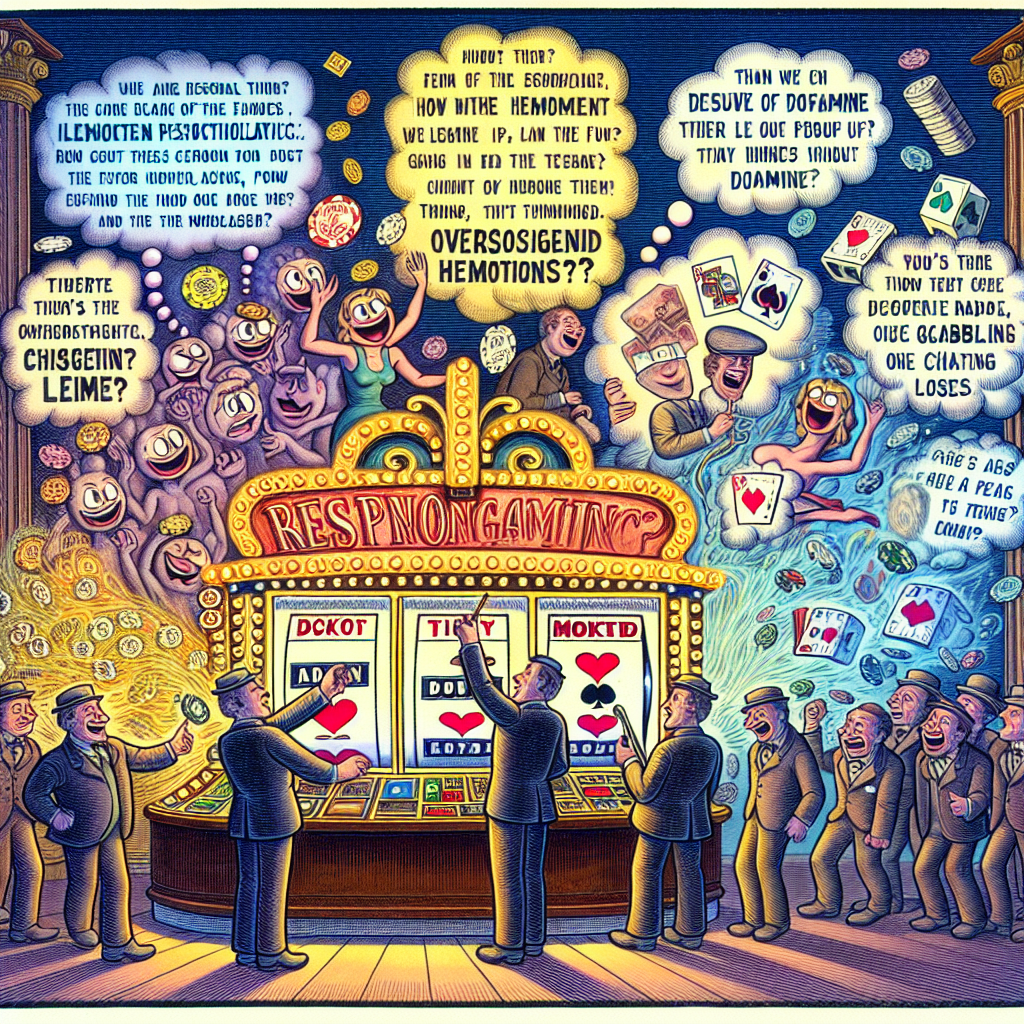
Online gambling has become a global phenomenon, offering fast-paced excitement and the potential for rewards. But beneath the flashing lights and spinning reels lies something more complex: human psychology. Understanding why we play, what keeps us coming back, and how to stay in control can make all the difference in enjoying gambling safely and responsibly.
The Appeal of Online Gambling
People are drawn to online casinos for various reasons. For some, it’s the thrill of risk and reward; for others, it’s the convenience of playing from home. Here are a few psychological factors that make online gambling so attractive:
- Dopamine Release: Winning — or even the anticipation of winning — causes the brain to release dopamine, a chemical linked to pleasure and reward.
- Escapism: Online games offer an immersive environment where players can temporarily forget daily stress or problems.
- Illusion of Control: Games like poker or blackjack allow players to believe they can influence outcomes, even when luck plays a big role.
- Social Connection: Live dealer games and chat functions allow interaction, creating a sense of community.
The Reinforcement Loop
Online gambling is often built around reinforcement loops — systems that reward behavior intermittently, keeping players engaged. This is the same principle that makes slot machines so addictive. A win, no matter how small, reinforces the behavior and increases the desire to keep playing.
Smart Strategies for Maintaining Control
Gambling can be fun and exciting when approached responsibly. Here are some key strategies for maintaining control:
- Set Time Limits: Always plan how long you intend to play and stick to it.
- Establish a Budget: Only gamble with money you can afford to lose. Never chase losses.
- Take Frequent Breaks: Stepping away helps maintain perspective and prevents emotional decisions.
- Track Your Play: Keep a journal or use gambling tracking tools to monitor your time and money spent.
- Use Built-in Tools: Most reputable platforms offer reality checks, deposit limits, and self-exclusion options.
Common Cognitive Biases in Gambling
Humans are not always rational when it comes to decision-making, especially in high-emotion environments like gambling. These are some common psychological biases to be aware of:
| Bias | Description | Impact on Gambling |
|---|---|---|
| Gambler’s Fallacy | Believing that past events affect future outcomes | Assuming a win is “due” after a losing streak |
| Confirmation Bias | Favoring information that confirms existing beliefs | Ignoring evidence of risk and focusing only on wins |
| Loss Aversion | Feeling the pain of losses more strongly than the pleasure of gains | Chasing losses emotionally and increasing bets |
| Overconfidence | Overestimating one’s ability to predict outcomes | Taking bigger risks than intended |
Benefits of Responsible Gambling
- Better long-term enjoyment of games
- Healthier relationship with money and risk
- Lower stress and fewer emotional ups and downs
- More sustainable gaming habits
Where to Play Responsibly
If you’re looking for a secure and enjoyable platform that supports responsible gambling, https://flagman.casino/ is a solid choice. With built-in tools for player protection and a wide variety of games, it’s a space where fun and responsibility can coexist.
Final Thoughts
Gambling is part entertainment, part psychology. Understanding how your mind works while you play is the first step to making smart choices. By applying strategies for control, recognizing cognitive biases, and choosing trustworthy platforms, you can enjoy online gambling as a positive, balanced part of your lifestyle in 2025 and beyond.
